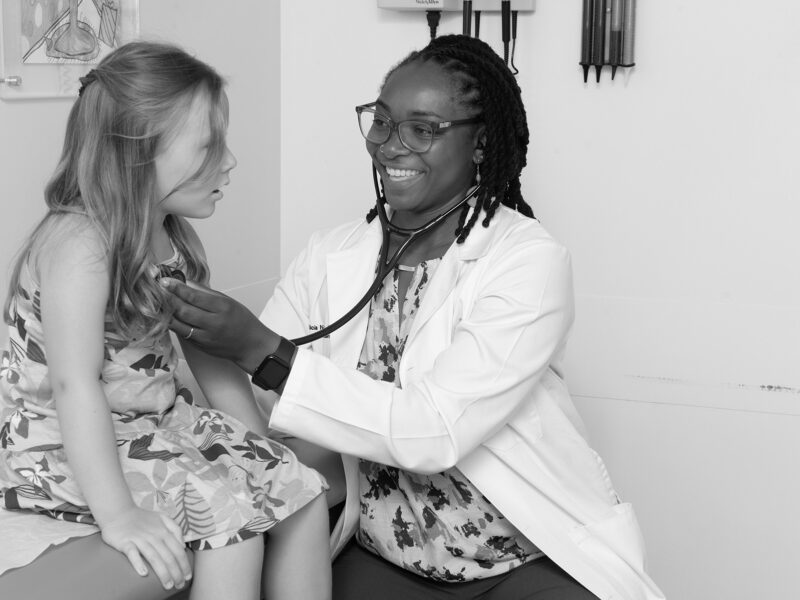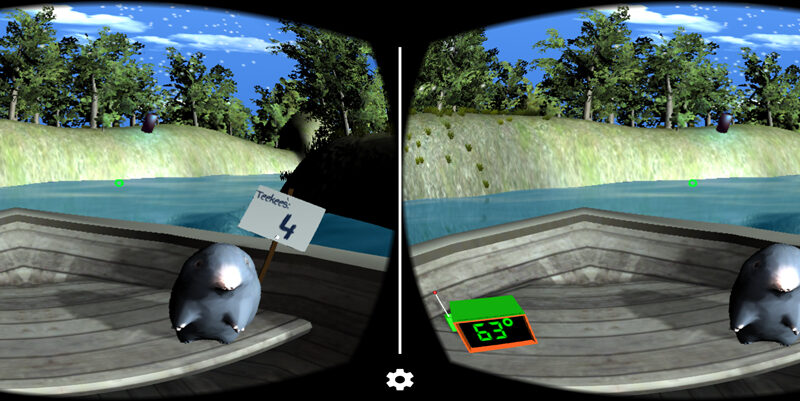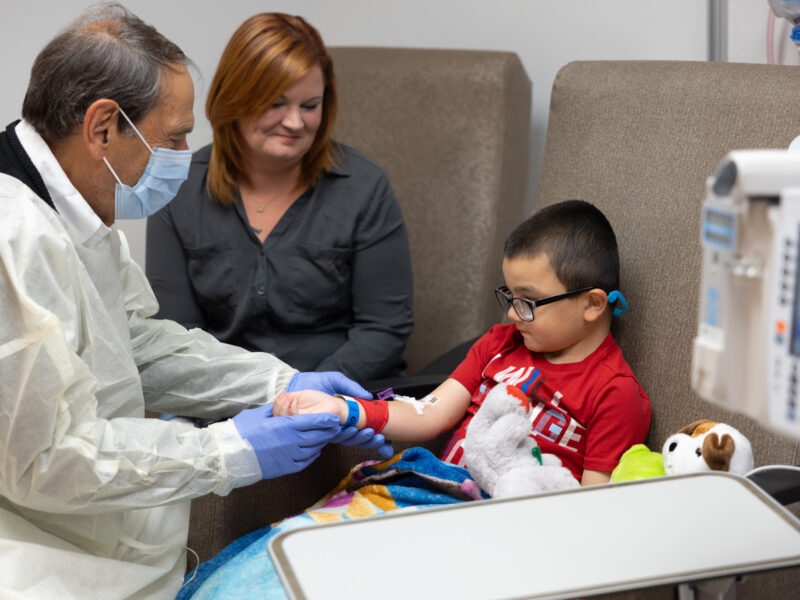Immersive Virtual Reality-Based Training Improves Empathy Among Health Care Providers
Immersive Virtual Reality-Based Training Improves Empathy Among Health Care Providers https://pediatricsnationwide.org/wp-content/uploads/2021/04/AdobeStock_289634811-FINAL.jpg 414 224 Lauren Dembeck Lauren Dembeck https://pediatricsnationwide.org/wp-content/uploads/2021/03/Dembeck_headshot.gif- April 05, 2021
- Lauren Dembeck

A novel VR-based training program helps providers develop knowledge, skills, and attitudes to understand how social determinants of health affect patients and how to mitigate their effects.
Researchers recently reported their novel virtual reality (VR)-based empathy training program, Making Professionals Able THrough Immersion (MPATHI), improved knowledge, skills, and attitudes of health care providers for care delivery to families with socioeconomic and language barriers.
The training offers health care providers education on social determinants of health and strategies to achieve health equity within their communities. Results of the pilot study were published in the Journal of Dental Education.
“The goal was to make an immersive training — to have the provider virtually put themselves in the shoes of a patient who is facing those challenges,” says author Homa Amini, DDS, of the Section of Pediatric Dentistry at Nationwide Children’s Hospital and The Ohio State University. “Health care providers need to focus on the whole patient and in the context of their other needs and barriers they might be facing that you may be able to help them with, such as offering information on clinic and community services like transportation and financial assistance and food security programs.”
The training includes a mix of animated and 360º-video segments during which participants assume the role of an English-speaking caregiver with limited socioeconomic resources seeking dental care for a child in a Spanish-speaking country. In the first segment, health care staff display insensitive, non-empathetic behavior toward the family, like not working with an interpreter or checking whether they understand forms or treatment options.
“Health care organizations are responsible for using strategies to make it easier for patients to understand health information, navigate the complex health care system, and engage in health decision-making.” says coauthor Mary Ann Abrams, MD, MPH of the Nationwide Children’s Section of Primary Care Pediatrics and The Ohio State University, “So, health literacy is a big part of this training, including using plain language and a technique called teach-back in which you ask patients or caregivers to tell you in their own words the explanations or instructions you gave them, to make sure you were clear.”
In the second segment, participants are asked to reflect on the experience and feelings it may have provoked. The final segment is a remake of the first; however, this time, staff are welcoming, patient, and helpful. They offer an interpreter who explains forms and interprets for the dentist who uses clear, comforting language and teach-back.
Participants reported high satisfaction with content and methods, and showed increased cognitive, affective and skill-based scores.
“Learning about cultural competence, empathy and provider-patient engagement is not limited to dentistry. Thus, this training can be used for training in other specialties,” says coauthor Deborah Lin, PhD, a senior IT project scientist with the Research IT R&D, the Abigail Wexner Research Institute at Nationwide Children’s. “In fact, putting the trainee in a setting they are less familiar with may be more impactful because then they cannot use the context and the familiarity of their specialty to understand the situation more.”
VR technology is gaining momentum and interest for patient- and provider-facing training and provides opportunities for innovative content design. Dr. Lin and colleagues at the Design and Technology team at Nationwide Children’s are developing other VR applications for pain management, cognitive rehabilitation and health care workplace safety training.
The MAPTHI training is publicly available online: https://mpathi.nchri.org/.
The Medicaid Equity Simulation Project is funded by the Ohio Department of Medicaid and administered by the Ohio Colleges of Medicine Government Resource Center. Views expressed in this publication are solely those of the authors and do not represent those of the state of Ohio or federal Medicaid programs.
Reference:
Amini H, Gregory ME, Abrams MA, Luna J, Roland M, Sova LN, Bean C, Huang Y, Pfeil SA, Townsend J, Lin ED. Feasibility and usability study of a pilot immersive virtual reality-based empathy training for dental providers. Journal of Dental Education. 2021 Feb 26. Epub ahead of print.
About the author
Lauren Dembeck, PhD, is a freelance science and medical writer based in New York City. She completed her BS in biology and BA in foreign languages at West Virginia University. Dr. Dembeck studied the genetic basis of natural variation in complex traits for her doctorate in genetics at North Carolina State University. She then conducted postdoctoral research on the formation and regulation of neuronal circuits at the Okinawa Institute of Science and Technology in Japan.
-
Lauren Dembeckhttps://pediatricsnationwide.org/author/lauren-dembeck/
-
Lauren Dembeckhttps://pediatricsnationwide.org/author/lauren-dembeck/
-
Lauren Dembeckhttps://pediatricsnationwide.org/author/lauren-dembeck/
-
Lauren Dembeckhttps://pediatricsnationwide.org/author/lauren-dembeck/January 29, 2019







